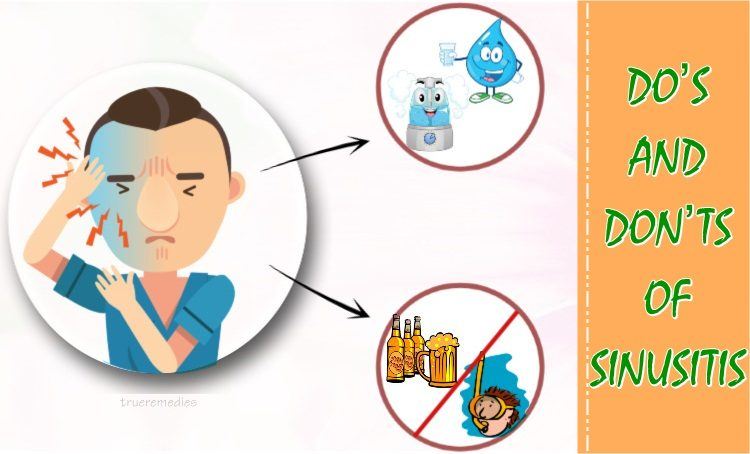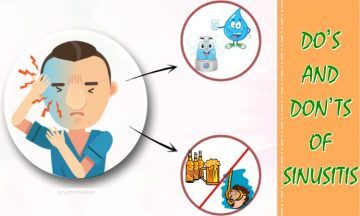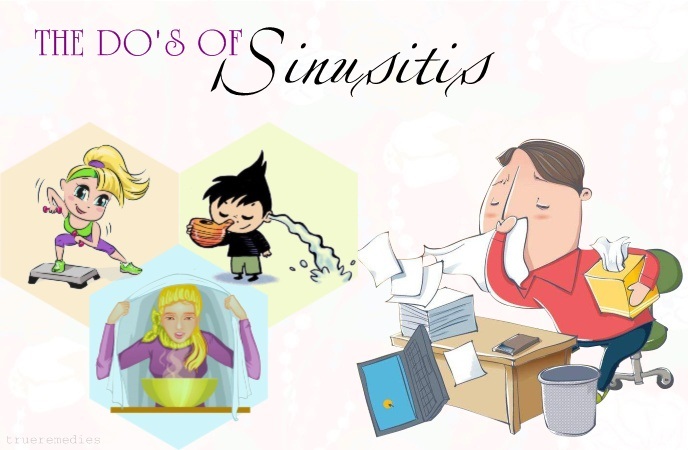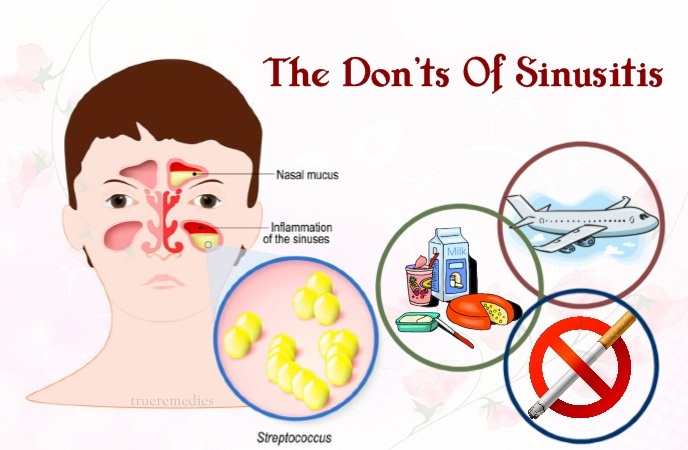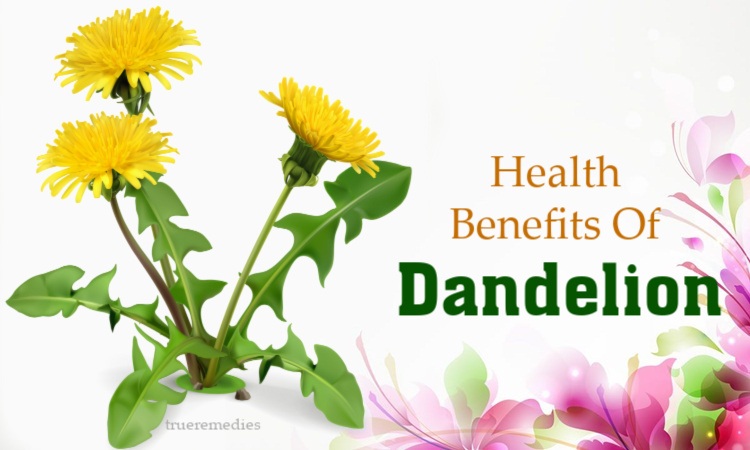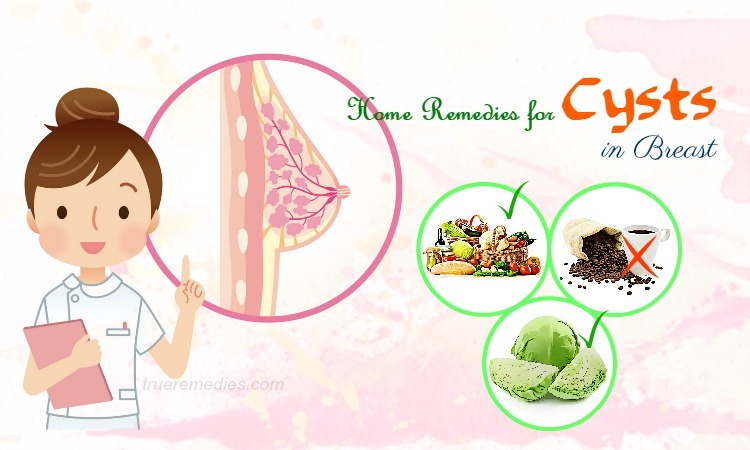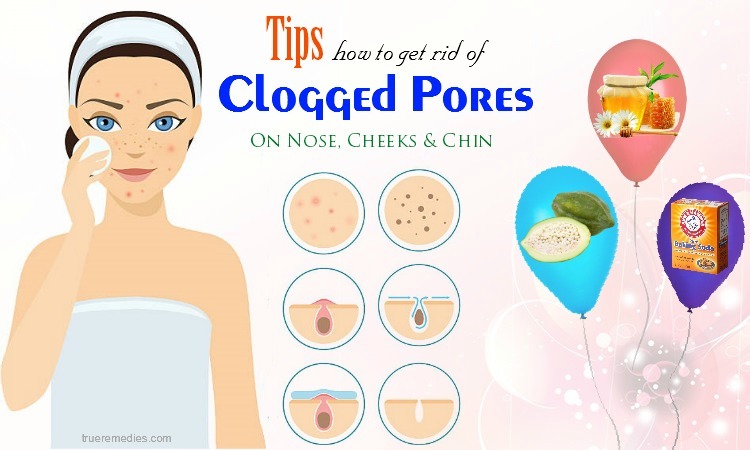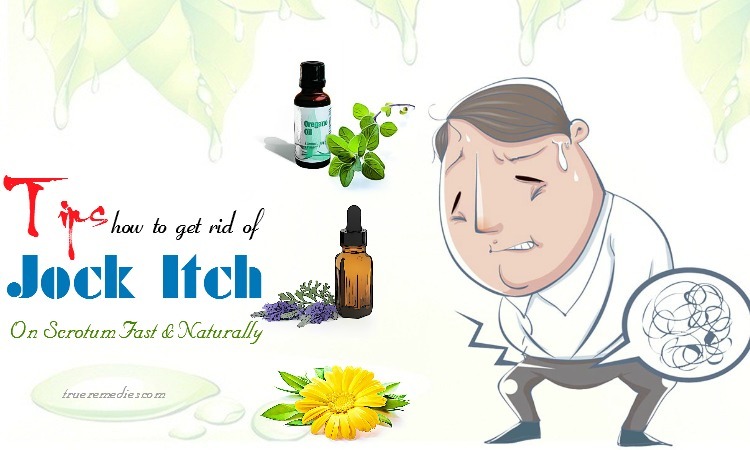Contents
Sinusitis is a common disease in modern society. Sinusitis, if untreated timely, may cause many dangerous complications, seriously affecting your health. Here are some sinusitis dos and don’t you should know to help treat your sinusitis quickly. Let’s check it out on TrueRemedies site!
- How To Use Garlic For Sinus Infection Symptoms Relief
- Home Remedies For Sinus Pressure Relief In Eyes, Cheeks & Ears
- Natural Home Remedies For Postnasal Drip Cough
16 Do’s And Don’ts Of Sinusitis That You Should Know
I. General Information About Sinusitis
Sinusitis is a condition in which the sinus mucosa becomes inflamed, losing its ability to function normally. Long-term untreated lesions result in mucus accumulation. This fluid binds to the walls of the nose and causes stasis, which narrows and obstructs the sinus passages, resulting in pus inflammation[1].
Sinusitis is classified into two types: acute and chronic sinusitis. Acute sinusitis[2] occurs in a short time, less than 4 weeks, while chronic sinusitis is a condition that lasts more than 12 weeks.
II. The Leading Causes Of Sinusitis
Sinusitis can be caused by many factors, but here are some leading causes:
- Bacteria and fungi: Bacteria and fungi that develop in the sinuses cause inflammation and stagnant mucus, obstructing airflow[3] [4].
- Viruses: Most cases of sinusitis come from viruses. Symptoms of viral sinusitis are usually less serious and do not last as long as bacterial
- Pollutants: Weather changes, car smoke, environmental pollution, etc. are the causes of sinus rhinitis. If not treated promptly, patients may have complications[5].
After you know the causes of sinusitis, it’s time to find out what to do and what to avoid below. Don't let sinusitis make you more uncomfortable. Here are some do’s and don’ts of sinusitis for you to follow.
III. The Do's And Don'ts Of Sinusitis You Should Know
1. The Do’s
TrueRemedies Partner Solutions

Need a Help from the Leading Expert Online, Available 24/7?
They’re all here and ready to answer your questions online or by phone. Keep asking questions until you get the answer you need.
- Drink Water: When treating sinusitis, you should drink as much water as possible because it helps to loosen mucus, thicken the nasal layer, and create a clear sinus groove[6]. Fruit juices are also a good suggestion, but keep in mind that you should avoid sugar because adding sugar and other sweetened substances to the juices can thicken your nose mucus.
- Provide Dishes Full Of Nutrients. People with sinuses should eat foods containing lots of zinc and vitamin C[7], such as grapefruit, oranges, lemons, green vegetables, and other anti-inflammatory foods, such as onions, ginger, etc.
- Massage Therapy: Massage therapy with warm water and clean towels helps to reduce the pain due to sinusitis and other sinusitis-related symptoms, such as nasal congestion and nasal discharge[8]. This measure is not difficult to do, and everyone can do it at home. You can also gently massage the nasal and temporal wings.
- Choose Over-The-Counter Drugs Carefully: You can easily find over-the-counter drugs such as ibuprofen or acetaminophen to make your symptoms better[9]. In fact, although nasal sprays may aid in decongesting your stuffy nose, they may make your symptoms worse if taken for more than several days!
Remember not to take self-medicate! Instead, you should consult the specialists at the medical center and receive a proper diagnosis and treatment plan.
- Use A Humidifier: You should use a humidifier to create a clean and fresh moist air[10] while avoiding the damage of viruses and bacteria harmful to your health. Put an air humidifier in your bedroom while you sleep because this is an easy time to increase your sinus pressure.
You should follow this routine once per week. Remember to clean the tank with lemon juice and diluted bleach to remove bacteria and mold.
Additional tip: Exposing your sinuses to steam during a hot shower will help to decongest your nose. Also, you can fill a large bowl with boiling water, cover your head and the bowl with a thick towel, and lean over it for about 10-15 minutes. Keep your nose 10 inches above that bowl. Avoid placing your face too close to the water and remember to close your eyes. You might add 1-2 drops of essential oils. Eucalyptus oil, chamomile essential oil, or lavender essential oil, etc. can help to open the nose and calm you.
- Do Exercises: Exercise sports regularly every day. This helps to improve your breathing, increase your heart rate, and help you eliminate stress This is a very helpful treatment for sinusitis[11].
- Do Rinse Your Sinuses: You should use a sterile solution to clean the inside of the nose. You can use a neti pot or buy squeeze bottles, especially sold for this purpose[12]. Make sure that you use sterile or distilled water or boiled water that is cooled down.
- Do Use Warm Compresses: As you may know, moist heat may relieve sinus pressure, open up the blocked passages in the nose, and relieve pain[13]. Try to breathe in steam from a cloth soaked in hot water and hold a warm cloth against the face. Also, hot showers will help to loosen mucus.
2. The Don’ts
- Don’t Use Milk And Dairy Products: People with sinusitis should avoid milk and dairy products[14]. In the sinus groove, mucus will damage the pathway, which makes the air difficult to go up or down[15]. This will create an ideal environment for the growth of bacteria.
- Don’t Eat Foods That Stimulate Heartburn Or Acid Reflux: This is because these foods may be the “culprits” of sinusitis. Dr. Joshua Makower, a highly experienced American expert in the treatment of chronic sinusitis, said: “There are many causes of sinusitis, but it is important to point out which foods are likely to affect before considering surgery or medication.
- Don’t Drink Caffeinated Drinks And Alcohol: Alcoholic drinks, coffee, and soda often cause heartburn, leading to acid reflux in the stomach[16]. This is not good for people with sinusitis.
- Don’t Use Nasal Sprays That Are Not Prescribed By Your Doctor. These drugs may contain substances that are not suitable for you and make the illness worse.
- Don’t Follow Night Eating Habits: Night eating habits are not beneficial for people with sinusitis. If you have a habit of eating before going to bed for about an hour, stop the habit soon. Eating right before sleeping affects the digestive process of the food you eat. The acid gas and the smell of some digesting food in the stomach will run up the nasal arch and then may cause inflammation.
- Don't Expose To Irritating Agents. To soothe your sinuses rather than irritate them, don't inhale cleaning agent fumes and avoid places full of cigarette smoke. Moreover, try to stay indoors as much as possible if the levels of air pollution are high.
The fact is that smoking is one of the common factors causing you to get sinusitis. Try to quit soon!
- Don’t Fly If You Can: Avoid air travel when you have sinusitis because the high pressure on an aircraft may increase the risk of ear pain and inflammation. In case you must take a flight, try to drink plenty of water throughout the flight because swallowing may help to prevent clogged ears. Remember to tawn and swallow while the aircraft climbs after takeoff and when it descends before landing. This will help to keep the tubes from the nasal passages to the ears clear. Also, you can try pinching your nostrils, closing your mouth, and gently blowing your nose.
Moreover, hundreds of people sitting in a narrow space of a cabin create a non-sterile environment, which makes you be exposed to harmful viruses and bacteria. When you have a weakened immune system, your body is prone to catch infections.
- Don't Rush Back To The Pool: Although study results are mixed, it appears that chlorine in pools may irritate the nostrils passageways. If you are fine enough to go swimming or exercise, use nose clips.
3. What Should You Eat?
- Include onions, ginger, and garlic in your meals. They contain many antibiotics that work against sinusitis.
- Enhance the intake of soy foods to help provide calcium and minerals necessary for anti-allergy function.
- Peppermint water and chamomile tea are also recommended by doctors.
- Eat a few pieces of pineapple or drink a glass of pineapple juice every day if relapse of sinusitis disturbs your life.
- Eating a cup of yogurt daily is a good way to protect your health and reduce and prevent the symptoms of allergic rhinitis and sinusitis effectively.
- Apple cider vinegar has the ability to inhibit sinus inflammation triggers, alleviating unpleasant symptoms. Potassium in apple cider vinegar also helps to lower the production of nasal fluids, which prevents further severe sinusitis.
We hope that the above information about the do’s and don’ts of sinusitis will help to treat your condition and improve the quality of your life. Wish you stay healthy and get rid of sinusitis soon. For other useful and informative articles on our site, visit our News & Facts page to read more.
Read more:10 Best Home Remedies For Bacterial Infection In Throat & Mouth. This article was medically reviewed/ fact checked by DR. MYLE AKSHAY KIRAN & DR.

